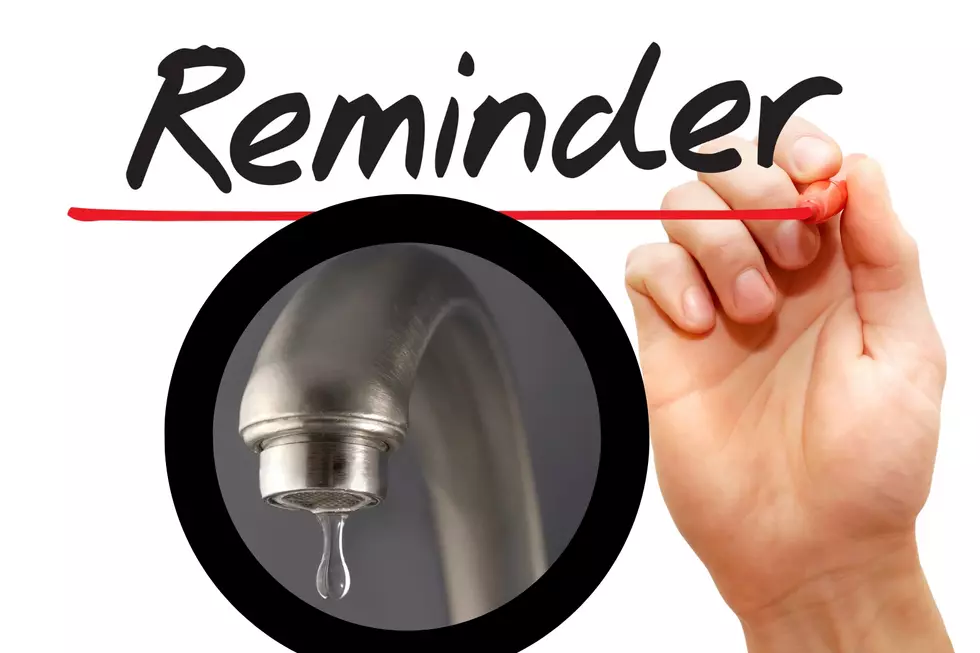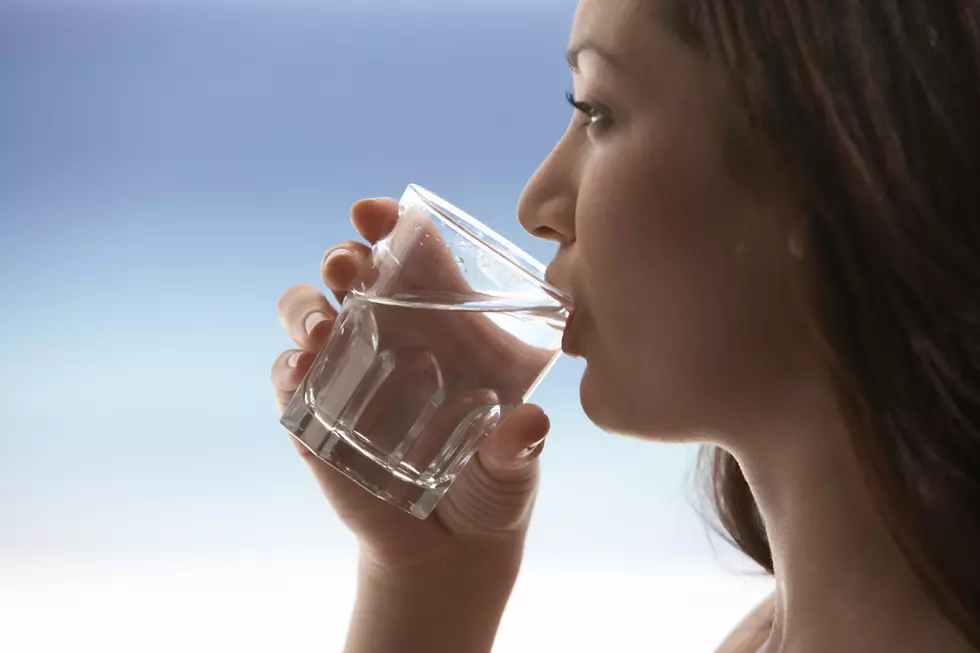
Temporary Change to Method of Disinfecting Drinking Water
Texarkana Water Utilities will begin a temporary change to the method of disinfecting our drinking water beginning July 3 and lasting about 6-8 weeks.
According to a press release, the water will remain safe to drink throughout the process. TWU normally uses chloramine, a mixture of ammonia and chlorine, to disinfect water. On Sunday, July 2, and for approximately 6-8 weeks TWU will use chlorine only, also known as “free chlorine”. The periodic temporary conversion from chloramine to free chlorine is a widely used preventative maintenance procedure for municipal water systems in both Texas and Arkansas. TWU previously performed this procedure in 2015, 2018, 2019, 2021, and July-August 2022.
Over time minerals may attach to pipes and release when there are changes in pressure that may result in discoloration. Other processes such as nitrification and the growth of biofilm may also occur in water distribution pipes. The biofilm growth can cause a reduction in the effectiveness of residual disinfectants over time. The use of free chlorine will help cleanse the lines, reduce the occurrence of nitrification and biofilm, and ensure that we provide quality water for the customers served by TWU.
Citizens may see more flushing of fire hydrants by TWU staff during this process. Certain water lines with low flow must be flushed more often to ensure the free chlorinated water is adequately moving through the water distribution system.
Free chlorine is a stronger disinfectant than chloramine. As a result, some water users may experience a slight change in the aesthetics of their water during the conversion, including a noticeable “chlorine odor” and slight discoloration. This should lessen after a couple of weeks and does not affect the safety of the water supply.
TWU encourages kidney dialysis patients to speak with their equipment supplier; different types of equipment may have varying needs and require adjustments.
The processes most aquariums have for removing chloramines from water should be the same as free chlorine and need no adjustments. Even so, fish tank operators are encouraged to confirm that with their equipment supplier. Local pet stores have also been informed of the conversion.
TWU will monitor chlorine levels and water-quality standards in the distribution system daily to ensure the safety of the water and that all state and regulatory standards are met.
A list of frequently asked questions and answers will be posted on TWU’s website.
LOOK: The most extreme temperatures in the history of every state
More From Majic 93.3



![[UPDATE] Boil Water Notice Rescinded in Texarkana’s PG Area](http://townsquare.media/site/152/files/2016/02/ThinkStock-Water-Boiling.jpg?w=980&q=75)



